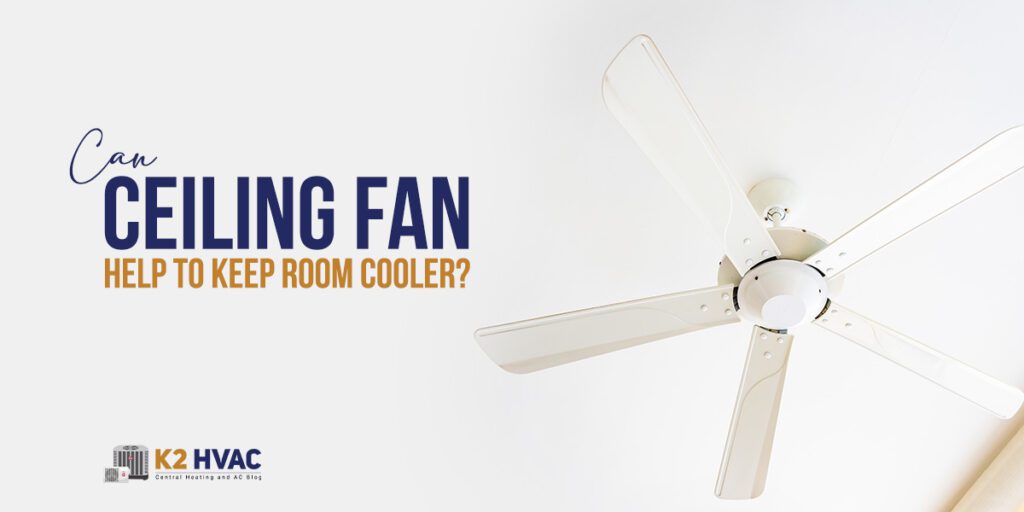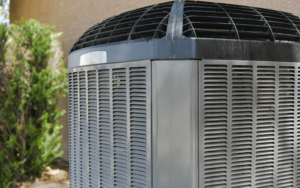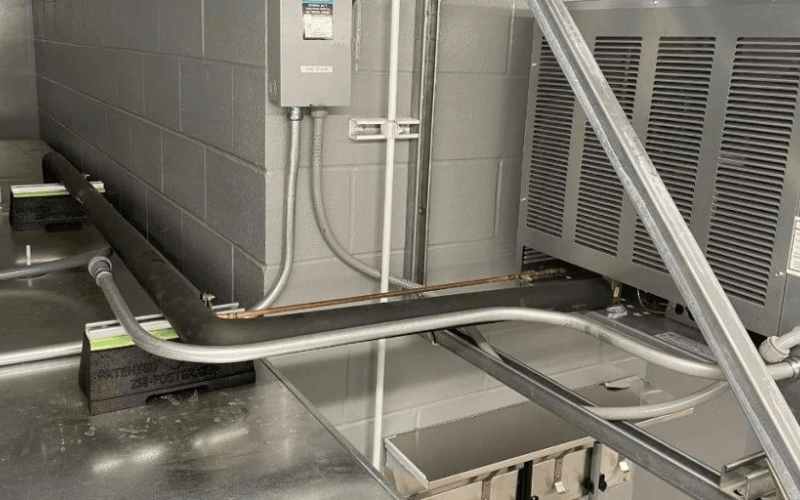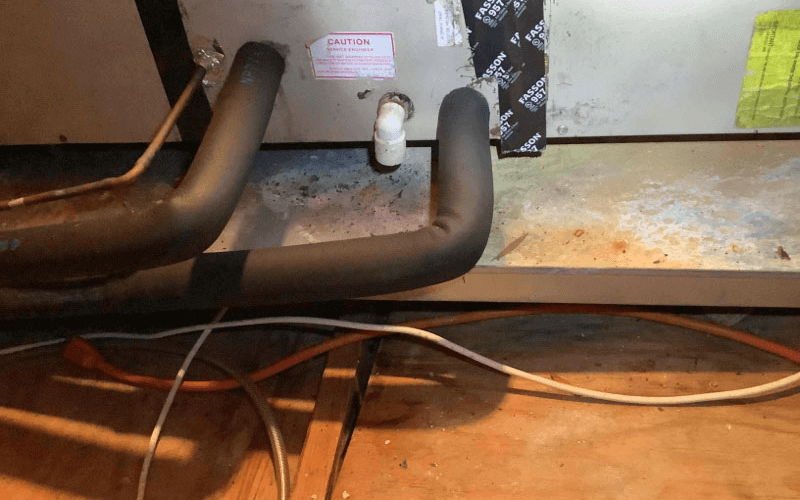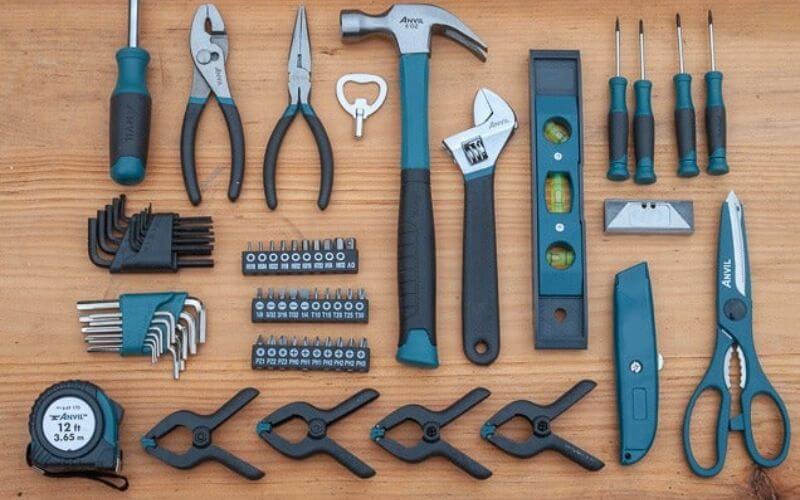Many people believe that running a ceiling fan in the summer will actually make the room feel cooler. However, most fans do not cool a room at all – but they can make you feel up to 8 degrees Celsius (14 degrees Fahrenheit) cooler without increasing your energy bill! They can also help with airflow and better air circulation, which often becomes an issue if you have more than one floor in your house. Ceiling fans may also wobble sometimes which can force you to think about whether it is fine to install them? But it is fine if they wobble within a specific limit.
Also check: Lower Humidity Levels With These Easy Tips
Ways Ceiling Fans Improve Comfort of Home
In fact, there are five ways that ceiling fans may actually improve the comfort of your home:
1) A Ceiling Fan Creates Air Turbulence – which makes the individual “feel” cooler by increasing the evaporation of perspiration on the skin.
2) A Ceiling Fan Distributes Heated Air Away From the Ceiling – which results in greater heat loss by radiation of heat trapped between ceilings and upper floors.
3) A Ceiling Fan Increases the Speed of Air Circulation throughout the Room – which leads to greater convective heat loss of warmer air within an enclosed space. Ceiling fan also reduces the heat from the kitchen to keep you cool.
4) A Ceiling Fan Facilitates Cross-Ventilation – which may lead to a decrease in the humidity level indoors.
5) A Ceiling Fans’ Blades Create Negative Pressure on Occupants – drawing cool outdoor air into closed windows.
How do you determine which size is right for your room?

Generally speaking, smaller rooms require larger fans, since larger fans are capable of moving more air at slower speeds You can easily control the speeds both remotely and manually by a switch. And although bigger might seem better, keep in mind that the large surface area of the propeller can make quick work of high ceilings. The wrong size fan for your room may end up increasing your energy bills and could even damage your ceiling!
Another important factor to consider when buying a ceiling fan is airflow efficiency. Airflow efficiency is determined by blade pitch (the angle at which air hits the backside of each blade), blade span (the width of each blade), and how many blades are used in the assembly. The greater these numbers, the better you can expect your fan to circulate air throughout a given space.
Also check: Ideal Humidity for Home in Winter
Conclusion:
Investing in ceiling fans may be the best solution if you are looking for a way to keep your home cooler this summer. Ceiling fans can reduce energy costs even after running continuously and help you save money on your monthly utility bill. For more information about how ceiling fans can help keep you cool this summer, call K2 Mechanical or visit our website today.

